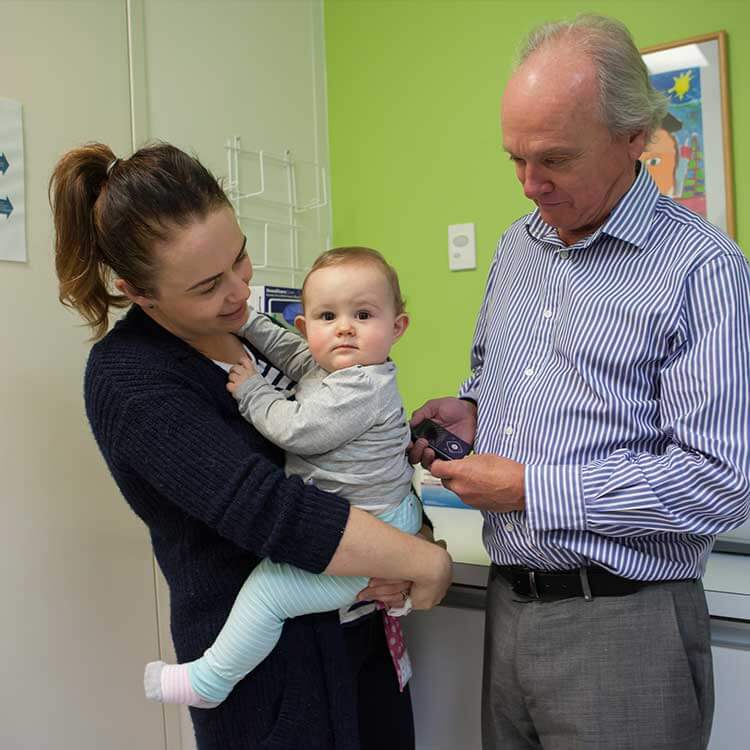Search
The objective of this study was to determine whether real-time continuous glucose monitoring (CGM) with preset alarms at specific glucose levels would prove...
The objective of this study was to examine whether setting the low glucose alarm of a Guardian® REAL-Time continuous glucose monitoring system (CGMS) to 80 mg/d
We investigated whether children who are heavier at birth have an increased risk of type 1 diabetes
The acceptance of closed-loop blood glucose (BG) control using continuous glucose monitoring systems (CGMS) is likely to improve.
The aim of this study was to evaluate the performance of a prototype noninvasive alarm system (HypoMon) for the detection of nocturnal hypoglycemia.
The aims of the present study were to (i) examine the relationship between children's degree of adiposity and psychosocial functioning; and (ii) compare patterns of clustering of psychosocial measures between healthy weight and overweight/obese children.
To investigate perinatal risk factors for childhood Type 1 diabetes in Western Australia, using a complete population-based cohort.

The Children's Diabetes Centre's research into Type 1 diabetes, childhood onset Type 2 diabetes and obesity aims to improve the lives of children and adolescents affected by these conditions.
Our research focuses on what are the best ways for patients with Type 1 Diabetes to exercise safely. We aim to develop clinical guidelines that provide improved advice for patients and educate patients on how to prevent hypos during and after exercise.
This study will tell us if the use of a hybrid closed loop system can improve awareness of hypoglycaemia.
